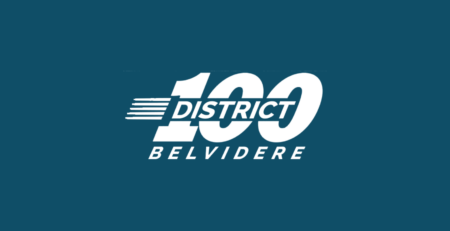Possip isn’t a traditional survey – and that is by design. We have heard, “these questions are so simple and this survey is so quick. Can you learn anything?” The answer is, yes! We believe the Possip difference helps leaders improve decision making and helps people feel heard.
The questions are simple and the survey is quick by design.
We believe that the true power of a survey isn’t in the number of questions that are asked, but rather, the power of the collective voices of those who contribute.
By creating a simplified design that centers the people, we’re able to put the voices of families front and center.
The Possip Difference: Ten Ways to Change Surveys for the Better and Improve Decision Making
1. Pulse Checks™, Not Surveys
A Pulse Check™ is a quick way to find out vital information in real-time and to give you a snapshot of your overall health. Possip is just that- we create a routine of checking in with your most important stakeholders to gauge the overall health of your community and organization. A typical survey requires more time, energy, and effort. You’ll be able to dive deeper into those stats, but oftentimes those results are too far removed from the day to day to effectively be used for slight course adjustments along the way. Think of us like your routine car fill-up, not your annual maintenance. You can improve decision making with consistent information.
2. To Likert or not to Likert
If we are talking about Likert scales we may have already missed the mark. Why? The Likert scale doesn’t enable expression of opinion, rather it forces people to choose between pre-chosen ideas. While valuable at times, it can be unnecessarily rigid – and distancing. Also for organizations, our communities and constituents aren’t research subjects. They are people who we want to learn from and improve for.
3. Accessible wording yields better decision making
The language of our Pulse Checks™ is accessible for everyone. Our Pulse Checks™ may sound less formal than a typical survey. This is on purpose! We do this to invite authentic feedback. Our Pulse Checks™ aim to feel like a conversation rather than a quiz where the answers will be graded and analyzed. We don’t want complicated languages to get in the way of the ability of leaders to improve decisions.
4. Language and translation
Organizations are made up of unique voices from across the globe. Our Pulse Checks™ enable your stakeholders to accurately communicate their heart by allowing them to respond in their native tongue.
5. Quick!– Timely response, timely decision
Our Pulse Checks™ can be completed in as little as one minute. That’s less time than you’ve been reading these bullet points! We also make sure that for decision-makers and leaders, they can get actionable next steps in less than 5 minutes. And organizations get their reports in less than 2 business days. You need information quickly to be able to improve decisions. And people need to be able to share their thoughts quickly to give as much information as possible.
6. We respect your time
Part of how we keep the Pulse Check™ short is by not asking for information. So often when families or staff members are asked to do surveys, they’ve answered 5 questions before they’ve even had the chance to share about their experiences. This is why a typical survey receives such low response rates. By internally housing only the information needed to effectively respond, Possip ensures the highest response rates.
7. Quantitative and qualitative matters
While we think quantitative benchmarks are important, we believe the experiences represented in people’s voices and words are equally – if not more important. Our Pulse Checks™ create a space for people to share answers that can be quantified -but gives equal credence to people sharing their experiences, needs, and what’s top for them.
8. Routine
Most surveys are an annual – or quarterly affair. We believe in creating predictability and routine. This helps people get into a sense of expectation, and know where they can share their thoughts and ideas.
9. Seeking the positive
While feedback is valuable, praise and positivity is equally so. In so many high stakes professions, like teaching, there isn’t enough positive feedback. Possip actively seeks out the positive for organizations and schools. To learn about the power of effective praise, click here.
10. Confidence in decision making
Because of how we survey, leaders get the quantity and authentic quality of voices they need. This makes their decisions easier – and helps them feel more confident in the decisions they have made. We hear from leaders that their decisions became so much easier once they knew they were hearing from the diversity of their voices. For more on difficult decision-making, click here.





